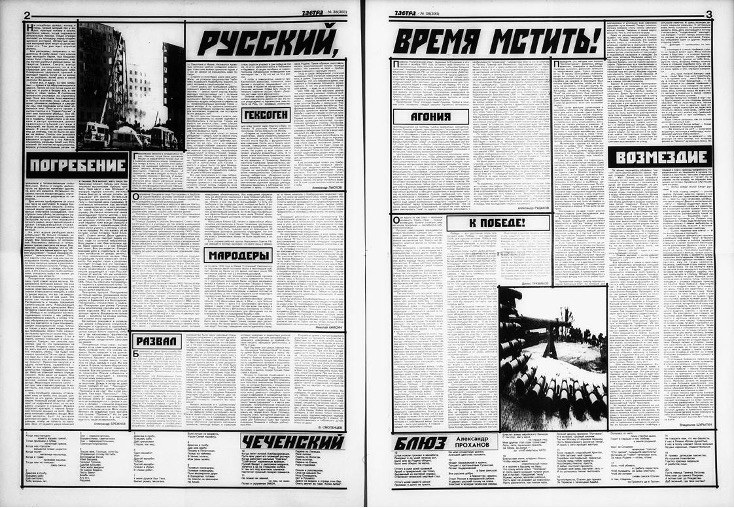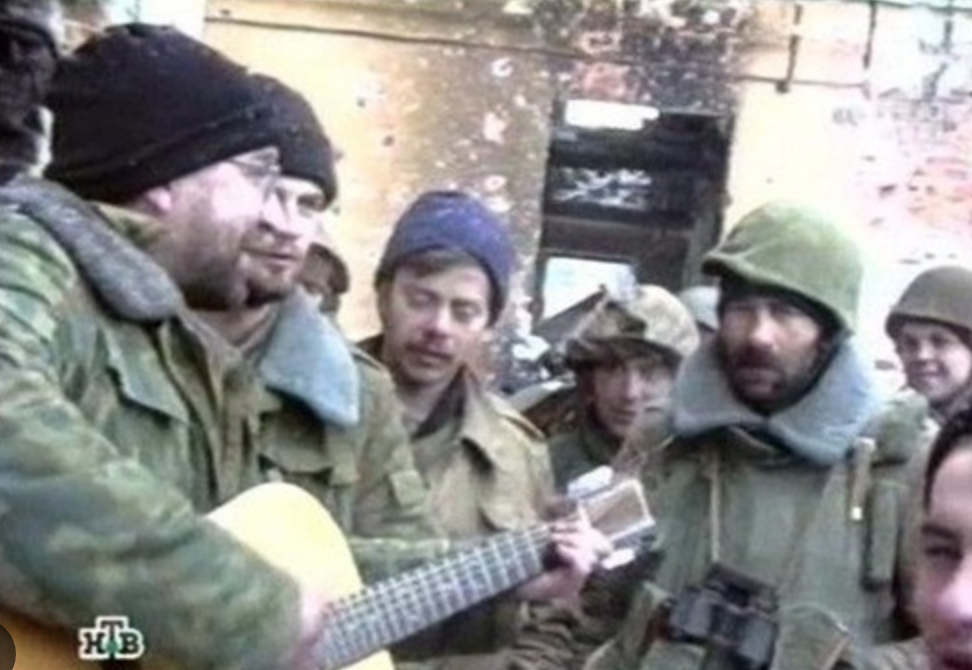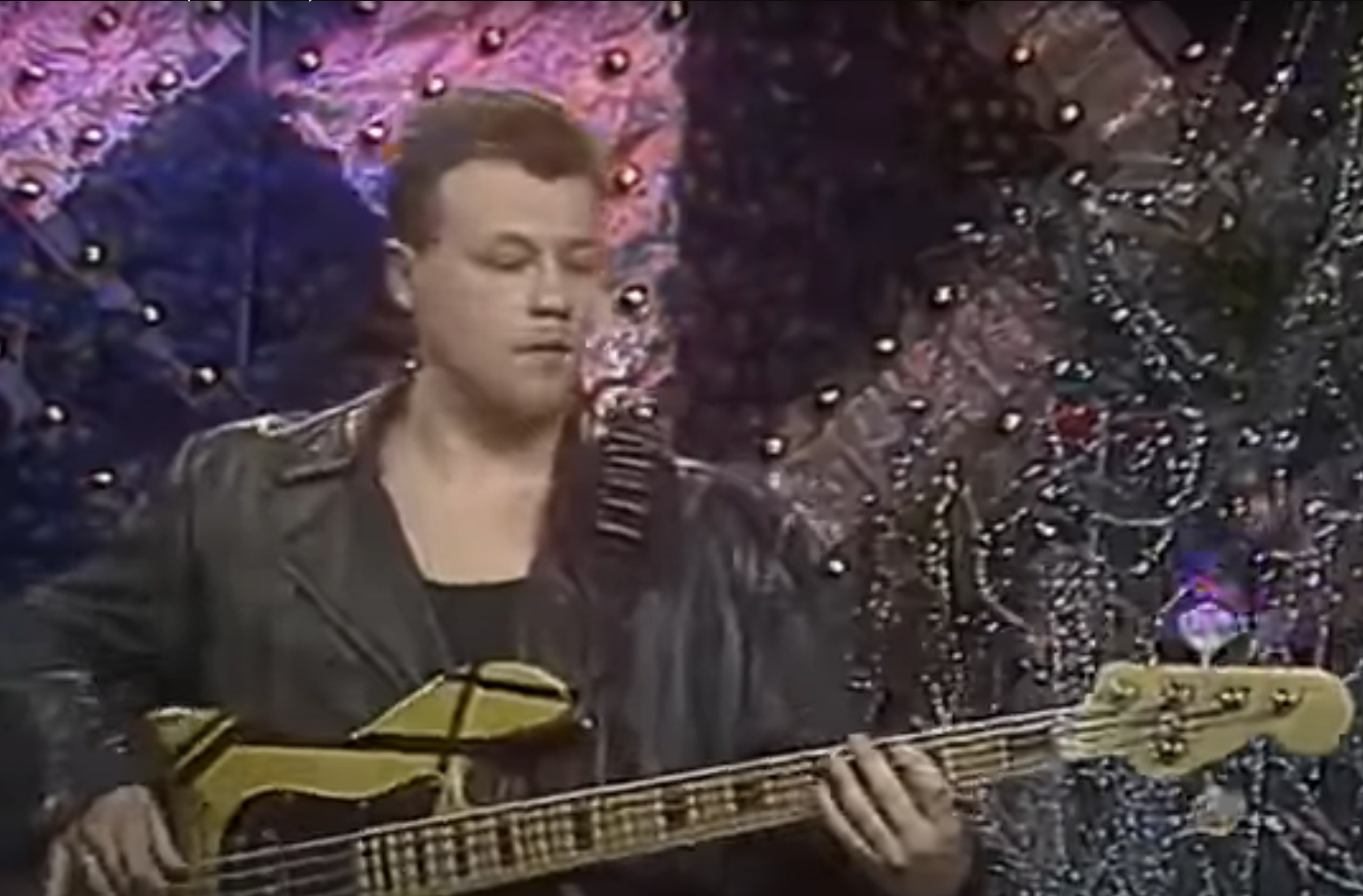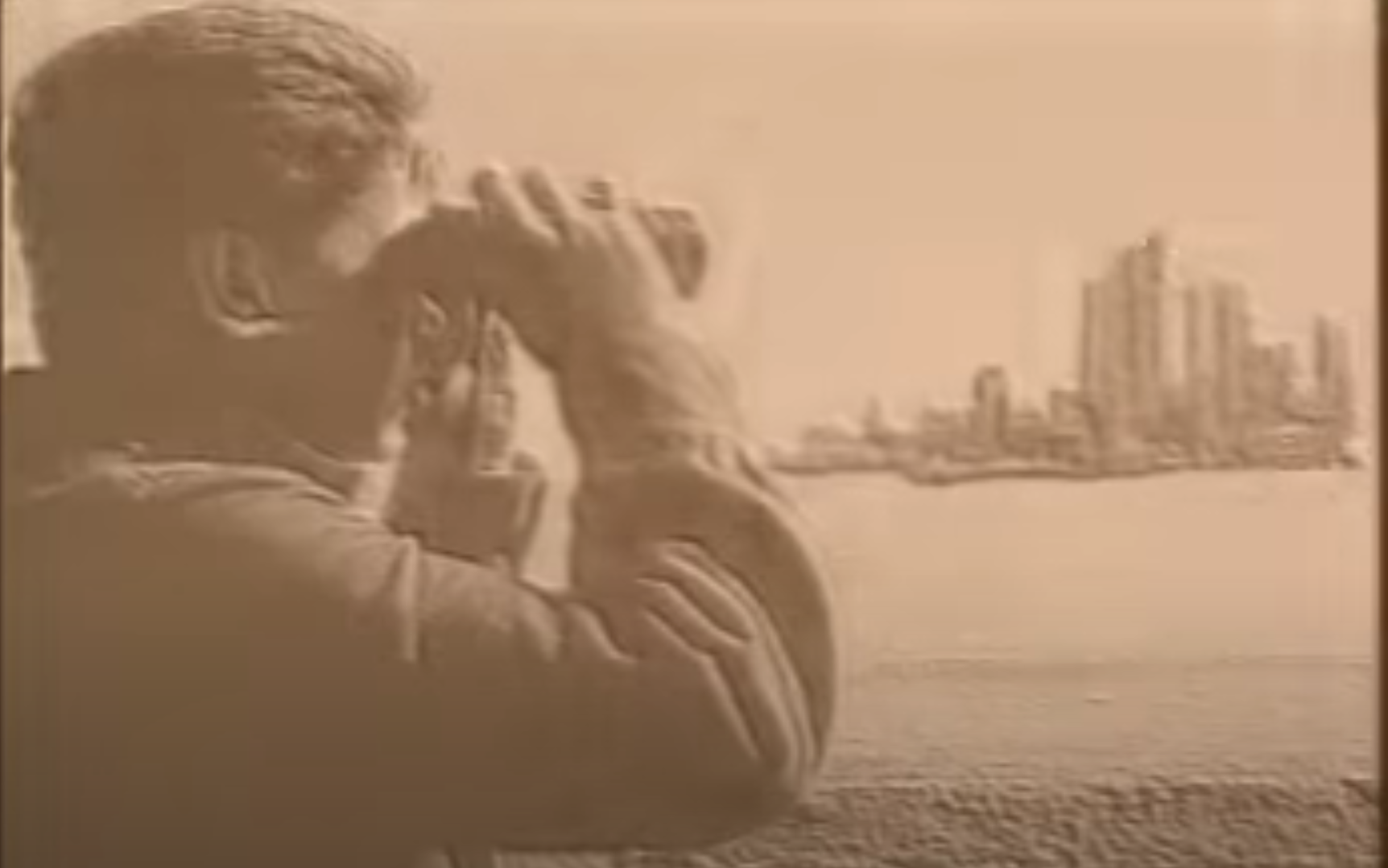Search Results
Search Terms
Results: Displaying Artifact 1 - 6 of 35 in total
Text Containing:
Thematic Tags: Nationalism
"Russian, It's Time For Revenge!"
In the weeks leading up to the Second Chechen War, Russia’s right wing publications reminded their audiences of the humiliation of the First Chechen War, and called for—nationalist, racist, brutal—revenge.
DDT’s Shevchuk Goes to Chechnya
An excerpt from “Vremia DDT,” a 2002 documentary centered on DDT, one of Russia’s best-known rock bands throughout the 1990s and later. A montage of amateur footage by DDT leader and frontman Yuri Shevchuk (1957-), who visited Russian frontlines during the First Chechen War in 1995-1996, is backed by the song “Patsany [Guys],” itself inspired by Shevchuk’s experience.
Lyube performs "Atas," 1990
In 1990, the rock band Lyube performed their recent hit, "Atas," on Soviet television. The band’s state-sponsored fusion of rock music with militaristic nationalism and patriotic culture would, among other things, endear them to Vladimir Putin.
Lyube’s “Stop Fooling Around, America!” (1992)
This 1992 music video for Lyube's “Stop Fooling Around, America!” uses retro newsreel footage and animation to demand Alaska’s return to Russia, deploying folksy humor to advance post-Soviet neo-imperialism.
Aleksei Balabanov's "Brother" (1997)
Aleksei Balabanov's cult crime drama, which made its title character, the loveable killer Danila Bagrov into a youth idol and a national emblem of post-Soviet masculinity
Aleksei Balabanov's "Brother 2" (2000)
The 2000 sequel to Balabanov’s (1959-2013) cult 1990s-era neo-noir, Brother, brought its heroes to Chicago, where they took on both American and Ukrainian villains.





